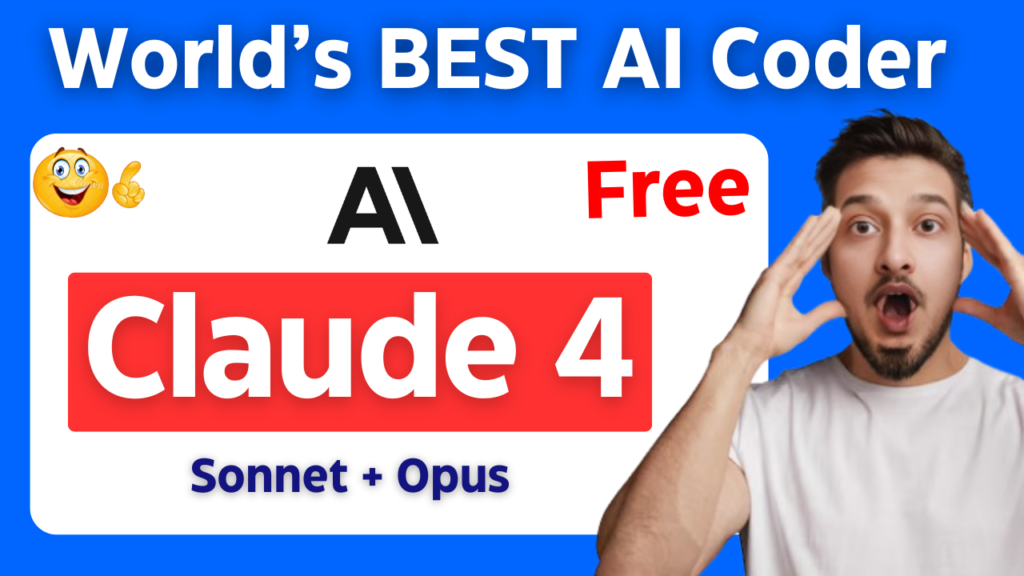On May 22, 2025, Anthropic unveiled its latest advancements in artificial intelligence: Claude Opus 4 and Claude Sonnet 4. These models represent significant strides in AI capabilities, particularly in coding, reasoning, and agent-based tasks. (The Verge, The Times of India)

Claude Opus 4: Redefining AI Coding Excellence
Claude Opus 4 stands out as Anthropic’s most advanced model to date, particularly excelling in coding tasks. It has achieved leading scores on benchmarks such as SWE-bench (72.5%) and Terminal-bench (43.2%), showcasing its prowess in software engineering challenges.
What sets Opus 4 apart is its ability to sustain performance on complex, long-running tasks, operating continuously for several hours. This endurance makes it ideal for intricate coding projects and agent workflows. Notably, companies like Cursor have hailed it as a state-of-the-art model for coding, and Replit has reported significant improvements in code precision and handling complex changes across multiple files. (The Verge, The Times of India, The Times)
Claude Sonnet 4: Balancing Performance and Efficiency
Claude Sonnet 4 is a substantial upgrade from its predecessor, Sonnet 3.7. It delivers superior coding and reasoning capabilities while responding more precisely to user instructions. Achieving a state-of-the-art 72.7% on SWE-bench, Sonnet 4 balances performance and efficiency, making it suitable for both internal and external applications. (The Verge, Axios)
GitHub has recognized Sonnet 4’s capabilities in agentic scenarios, planning to integrate it into the new coding agent in GitHub Copilot. Additionally, companies like iGent have noted its excellence in autonomous multi-feature app development and improved codebase navigation. (Axios)
Enhanced Features and Developer Tools
Anthropic has introduced several new features alongside these models:(Wikipedia)
- Extended Thinking with Tool Use (Beta): Both models can utilize tools like web search during extended thinking, allowing them to alternate between reasoning and tool use to improve responses. (The Times of India)
- Parallel Tool Usage: The models can use multiple tools simultaneously, enhancing their problem-solving capabilities.
- Improved Memory Capabilities: When granted access to local files, the models can extract and save key facts, maintaining continuity and building tacit knowledge over time.
- Claude Code Availability: Now generally available, Claude Code supports background tasks via GitHub Actions and integrates with VS Code and JetBrains, facilitating seamless pair programming. (The Verge)
- New API Capabilities: Anthropic’s API now includes a code execution tool, MCP connector, Files API, and the ability to cache prompts for up to one hour, enabling developers to build more powerful AI agents.
Accessibility and Pricing
Both Claude Opus 4 and Sonnet 4 are accessible via the Anthropic API, Amazon Bedrock, and Google Cloud’s Vertex AI. While Opus 4 is available to paying users, Sonnet 4 is accessible to both free and paid users. Pricing remains consistent with previous models: Opus 4 at $15/$75 per million tokens (input/output) and Sonnet 4 at $3/$15. (The Verge, WIRED)
Conclusion
Anthropic’s release of Claude Opus 4 and Sonnet 4 marks a significant milestone in AI development. With enhanced coding capabilities, improved reasoning, and new developer tools, these models are poised to transform various industries and set new standards in artificial intelligence.(The Times, The Times of India).